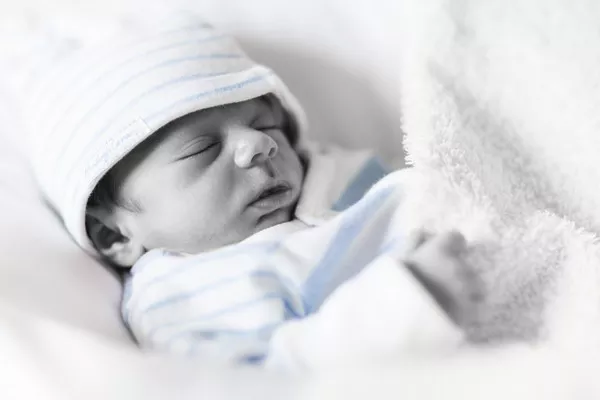As new parents navigate the myriad of decisions that come with caring for their bundle of joy, one question often arises: at what age do babies need overnight diapers? Ensuring a good night’s sleep for both baby and parents is paramount, and choosing the right diaper plays a significant role in achieving this goal. In this comprehensive guide, we’ll delve into the factors that influence the need for overnight diapers, signs indicating readiness, and tips for selecting the best option for your little one.
Understanding Overnight Diapers
Before delving into the age at which babies might require overnight diapers, it’s essential to understand what sets them apart from regular daytime diapers. Overnight diapers are specifically designed to provide extended protection and absorbency, keeping babies dry and comfortable throughout the night. They are typically more absorbent than standard diapers, making them ideal for longer wear during sleep.
The key features of overnight diapers include:
1. Increased Absorbency: Overnight diapers are crafted with advanced absorbent materials to handle larger volumes of urine, preventing leaks and keeping babies dry for longer periods.
2. Longer Wear Time: These diapers are engineered to provide extended protection, allowing babies to sleep through the night without needing a diaper change.
3. Comfortable Fit: Overnight diapers are designed to be comfortable for babies, with soft, stretchy materials and secure closures to prevent discomfort or irritation during sleep.
Factors Influencing the Need for Overnight Diapers
While age can be a factor in determining when babies might require overnight diapers, several other factors come into play:
1. Urinary Output: Babies who produce larger volumes of urine may require overnight diapers earlier than others. Factors such as hydration levels, feeding patterns, and individual differences in bladder capacity can influence urinary output.
2. Sleep Patterns: Babies who sleep for longer stretches at night may benefit from overnight diapers to ensure they remain dry and comfortable throughout the night.
3. Developmental Milestones: Some babies may develop the ability to sleep through the night without needing a diaper change at an earlier age, while others may take longer to reach this milestone.
Signs Your Baby is Ready for Overnight Diapers
While there isn’t a specific age at which all babies will need overnight diapers, several signs can indicate readiness:
1. Consistently Waking Up with a Wet Diaper: If your baby frequently wakes up with a wet diaper in the middle of the night, it may be a sign that they need more absorbent protection.
2. Increased Urinary Output: Babies who produce larger volumes of urine may require overnight diapers to prevent leaks and discomfort during sleep.
3. Extended Sleep Periods: If your baby begins sleeping for longer stretches at night without needing a diaper change, it may be time to consider transitioning to overnight diapers.
Selecting the Right Overnight Diaper
Choosing the right overnight diaper for your baby is essential to ensure optimal comfort and protection. Here are some factors to consider:
1. Absorbency Level: Look for overnight diapers with high absorbency levels to handle extended wear and prevent leaks.
2. Size and Fit: Ensure the diaper fits your baby snugly to prevent leaks and discomfort. Most diaper brands offer sizing guidelines based on weight, so choose accordingly.
3. Materials and Construction: Opt for diapers made from soft, breathable materials to minimize the risk of irritation or rashes. Check for features such as stretchy waistbands and leg cuffs for a comfortable fit.
4. Brand Reputation: Research different diaper brands and read reviews from other parents to find a reliable option known for quality and performance.
Tips for Overnight Diaper Success
Transitioning to overnight diapers can be a smooth process with the following tips:
1. Gradual Transition: If your baby is currently using regular diapers at night, gradually transition to overnight diapers by using them during longer sleep periods or nap times.
2. Monitor Absorbency: Pay attention to how well the overnight diaper holds up during the night. If leaks occur, consider trying a different brand or size.
3. Establish a Routine: Incorporate diaper changes into your baby’s bedtime routine to ensure they start the night with a fresh diaper.
4. Check for Signs of Discomfort: Regularly check your baby’s diaper for signs of discomfort, such as redness or irritation, and adjust sizing or brands accordingly.
Conclusion
Determining the age at which babies need overnight diapers is not an exact science, as it varies depending on individual factors such as urinary output, sleep patterns, and developmental milestones. However, being attuned to your baby’s needs and readiness signs can help you make an informed decision. By selecting the right overnight diaper and implementing best practices for overnight diapering, you can ensure a restful night’s sleep for both you and your little one.


